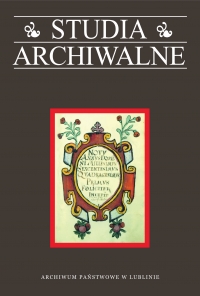
We kindly inform you that, as long as the subject affiliation of our 300.000+ articles is in progress, you might get unsufficient or no results on your third level or second level search. In this case, please broaden your search criteria.

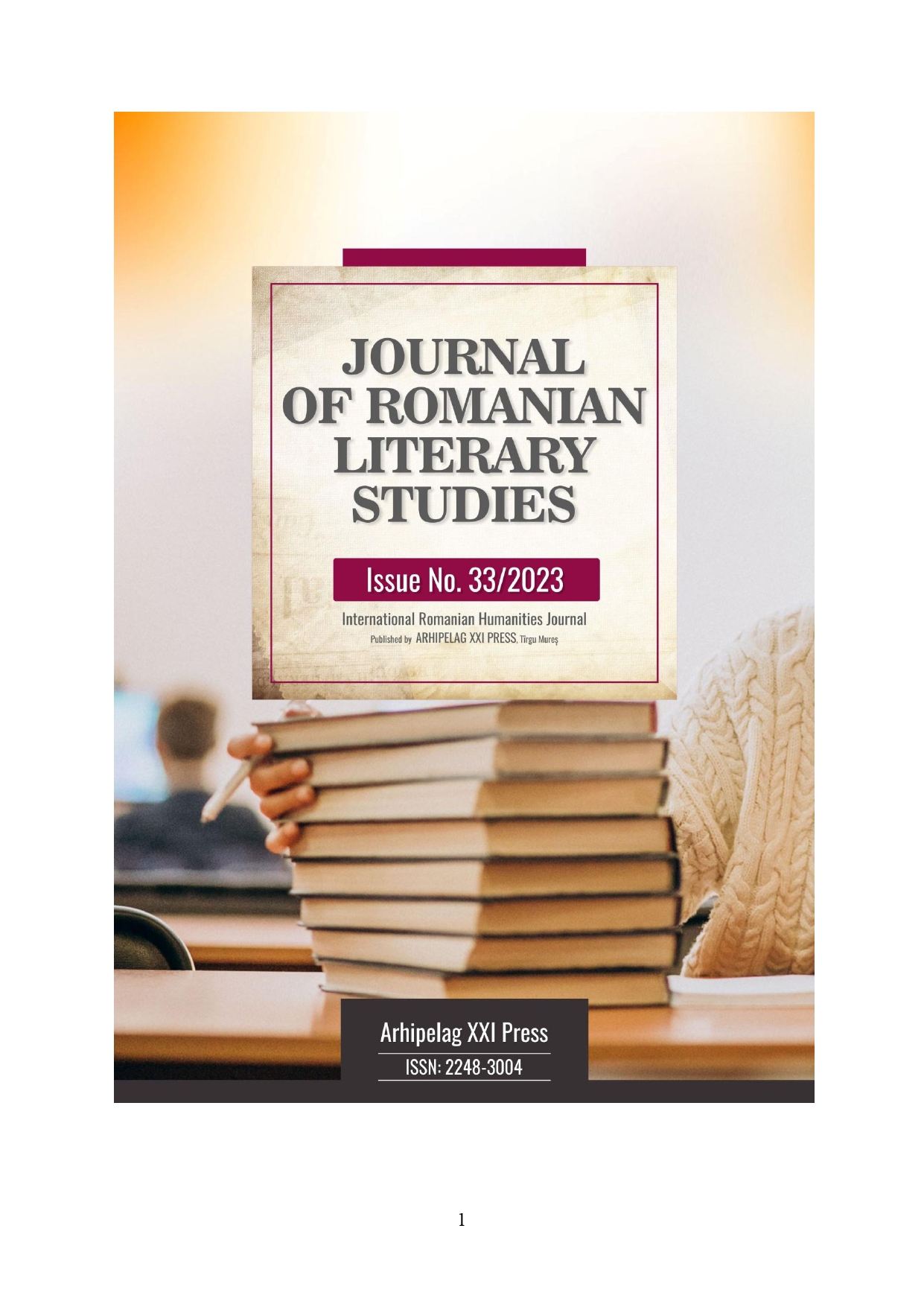
The intense process of globalization requires the learner to be able the better prepared for adapt to rapid and multidimensional changes of life. In these new conditions is outlined a typology of learning based on transverse conceptual and methodological structures inter, pluri, many, and three – dimensional, holist.
More...
When learning or teaching English, language categories or labels are instantly resorted to, and they become intricately intertwined. In every English language classroom, various categories are used to label students with the intent to help them learn and make progress so that they engage in seamless oral or written communication. In this context, this paper is an attempt at revisiting several categories used to describe English learners and their learning styles, but also teachers and their teaching styles. The exploration of the respective categories is carried out in terms of the meaning they bear by nature of their semantics. Ultimately, the paper will consider the extent to which this categorization/labelling helps or hinders learners, teachers, and learning/ teaching processes fulfill their goals and immense potential.
More...
The article reflects the scientific results obtained by the members of the project The theoretical and methodological bases of ensuring psychological activity in the general education system, from the perspective of contemporary societal approaches, number 20.80009.1606.10, within the Institute of Research, Innovation and Technological Transfer of the Pedagogical University of State "Ion Creangă". The importance and necessity of the research activities within this project is determined by the need to develop an integrated vision of the development of the psychological service in the general education system for: promoting quality in education; facilitating the training of children's social skills in the learning and relationship process; preventing difficulties in child development by identifying risk factors; reducing violence and aggressive behavior of children and other educational actors; - school inclusion of children in difficulty; ensuring the activity of psychologists, teaching and management staff from the general education system with complex prevention, evaluation and psychological intervention methodologies; the development of a managerial system for ensuring psychological activity in general education.
More...
Considering that the purpose of pedagogical science is "to give the greatest and most harmonious development of the genes planted in each individual, according to the interests of society and of the individual, helping him to become a "man of prowess", a well-defined character", Simion Mehedinți develops a true pedagogy that wants to meet the needs of the Romanian nation that has just completed its borders. The work of a true visionary, the pedagogical work of the scholar from Vrancea is not only addressed to his contemporaries, but contains ideas and principles that are still relevant today. Talking about the importance of education received in the family, about the fundamental role of the model in the life of the young person or about Christian virtues as the foundation of the complete formation of a person, Mehedinți created numerous pedagogical works "from which one can deduce a great faith in education, a warm heart for the peasantry, an intuition of the needs of the school and the idea of a Christian-based education". This study aims to create a brief history of the life and work of the great pedagogue Simion Mehedinți, to present how his work was received by contemporaries, to list some ideas and principles that can be drawn from his works with didactic content and to answer questions such as: what is the foundation on which Romanian pedagogy should be built? What is meant by the concept of "working school"? What role do universities play in the life of a nation?
More...
Emotion has a substantial influence on cognitive processes in humans, including perception, attention, learning, memory, reasoning, and problem solving. The effects of emotion on learning and memory are not always univalent, as studies have reported that emotion either enhances or impairs learning and long-term memory retention, depending on a number of factors. The results of the research show that the vast majority of respondents who do not cope with stress are between 18 and 25 years old, and the least, those between 31 and 35 years old. Most of them manage to control their emotions. The emotions/states of mind towards the exams identified by the respondents were mostly those of tension and fear, and a small percentage of them reacted positively.
More...
The study aims to explore and characterize the structure of the educational systemused by the last two generations of the Russian Imperial Family. The main points of interest are the content of the system, its time management, prefer rededucational methods, forms of evaluation and the success rate of the pupils. One of the main aims of this study is also the introduction of the main persons responsible for the education and care of the children.
More...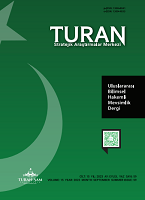
It has been observed that Vocational Schools (Vocational Schools), whose aim was to train intermediate manpower and which were connected to universities in 1982, when the Higher Education Law came into effect, did not fulfill the function expected from them sufficiently in this process. In this study, the reasons why Vocational Schools cannot fulfill the expected function will be analyzed and solution proposals will be presented.
More...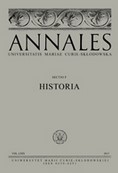
On 2 March 1953, the Prime Minister established a new procedure of recruiting university entrants. In order for the high school graduates to pursue higher education they had to receive a positive opinion from the administrative authorities in their district. The communist authorities directed to the universities young people who were of a peasant and working class. Young people who were considered to be of “a foreign social class” were prevented from attending university. This procedure was in force until 1956. The article presents the process of the recruitment for the university candidates in 1950–1953 in the realities of the Voivodeship of Zielona Góra.
More...
Jakub of Sienno was one of the most interesting and significant people of Polish Church in the late Middle Ages. Very well educated, he was considered to be an art lover and bibliophile and like his cousin Zbigniew Oleśnicki, he was involved in several foundations and donations for the Church and Kraków University. The main aim of the paper was to discuss Jakub’s foundation and donation activity and an attempt to give an answer to the question about the reasons why he engaged in such a wide foundation activity. The author focused on those elements that distinguish his attitude to widely understood art from the attitude of other people of his time. Written sources (letters, bills, chapter’s books and biographies) provide numerous information about liturgical vessels, vestments and other precious objects or books that Jakub of Sienno acquired and sometimes brought from his journeys.
More...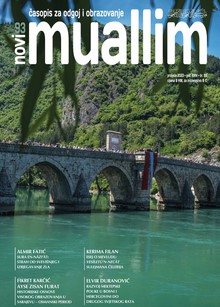
The authors here thematize the historical foundations upon which higher religious education was developed in Sarajevo during the Ottoman period. The introductory part of the article relates of Waqf, a religious institution that provided the financial bases for the establishment of madrasas. Following this, they present a short review of the system of madrasas in the Ottoman classical period explaining the divisional structure therein. Further in the text they talk about the founding of Gazi Husrev-bey’s Madrasa in Sarajevo and about its status within the educational system of the Ottoman state, its Teaching Plan and Programme, and its mudarreses (teachers). Along with this madrasa, its founder, Gazi Husrev-bey, also established a school library which has over time developed into a public library. A brief history of Gazi Husrev-bey’s Library is also offered here along with the list of its librarians of the Ottoman era. In the final part of the article, the authors conclude, by drawing a parallel with the Turkish educational system, that the date of the foundation of Gazi Husrev–bey’s Library could be taken as the date of the foundation of Sarajevo University.
More...
The focus of this article is on life and work of Ibrahim efendi Ajanović (1884-1941), a prominent ‘alim of Rogatica of the first half of 20th century. On the bases of the documents preserved in the Archives of the Islamic Community of Bosnia and Herzegovina, we here bring some details of his life from his birth, education, intellectual progress, and his almost thirty years of service. After completing madrasa in Rogatica and six years of studies in Merhemića Madrasa,three years of education in Dāru-l-mu’allimīn in Sarajevo, Ibrahim-efendi, in the year 1913, joins the service as mu’allim in his birthplace of Šljedovići where he was later engaged as imam, hatib, imam-regstrar and finally as imam of a jamaat. His greatest contribution, however, was made in his role of a mu’allim as he achieved remarkable results in maktab class by bringing up a significant number of sibyan-mu’allims. He developed and extended the Plan and Program for maktab class and brought it almost to the level of an elementary madrasa. Just like reisu-l-ulema Džemaludin-efendi Čaušević, he used every opportunity to stress the importance of education and upbringing of Muslim children. He initiated the establishment of a primary school in Šljedovići, and maktabs in Dub, Đedovići, Rodić, and other villages surrounding Rogatica. In years prior to the Second World War he was elected mayor of Dub municipality. During this service, he made a remarkable contribution to developing and strengthening good relations between the Muslim and the Orthodox population of this municipality.
More...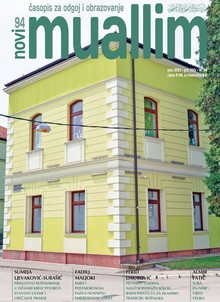
The author here presents Bosniac ulama whose works have marked the period between the two world wars in the region of the Upper Vrbas, specifically in the following cities: Gornji Vakuf, Bugojno, and Donji Vakuf. Namely, these are: Abdulahef. Mustajbegović, Redžeb-ef. Hegić, Muhamed-ef. Memić, Mustafa-ef. Merdžanić, Mustafa-ef. Basara, Mehmed-ef. Učambarlić, Muhamed-ef. Muftić i Salih-ef. Gudić. Their selfless endeavors and work in their jamaats, sebyan maktabs, maktabi ibtidaiyyahs as well as in primary and in secondary schools, in jamaat boards, and in kotar committees. They also organised learning courses for imams and muallims. These ‘ālims were responsible for the Islamic religious life in the Upper Vrbas region in this period in its entirety.
More...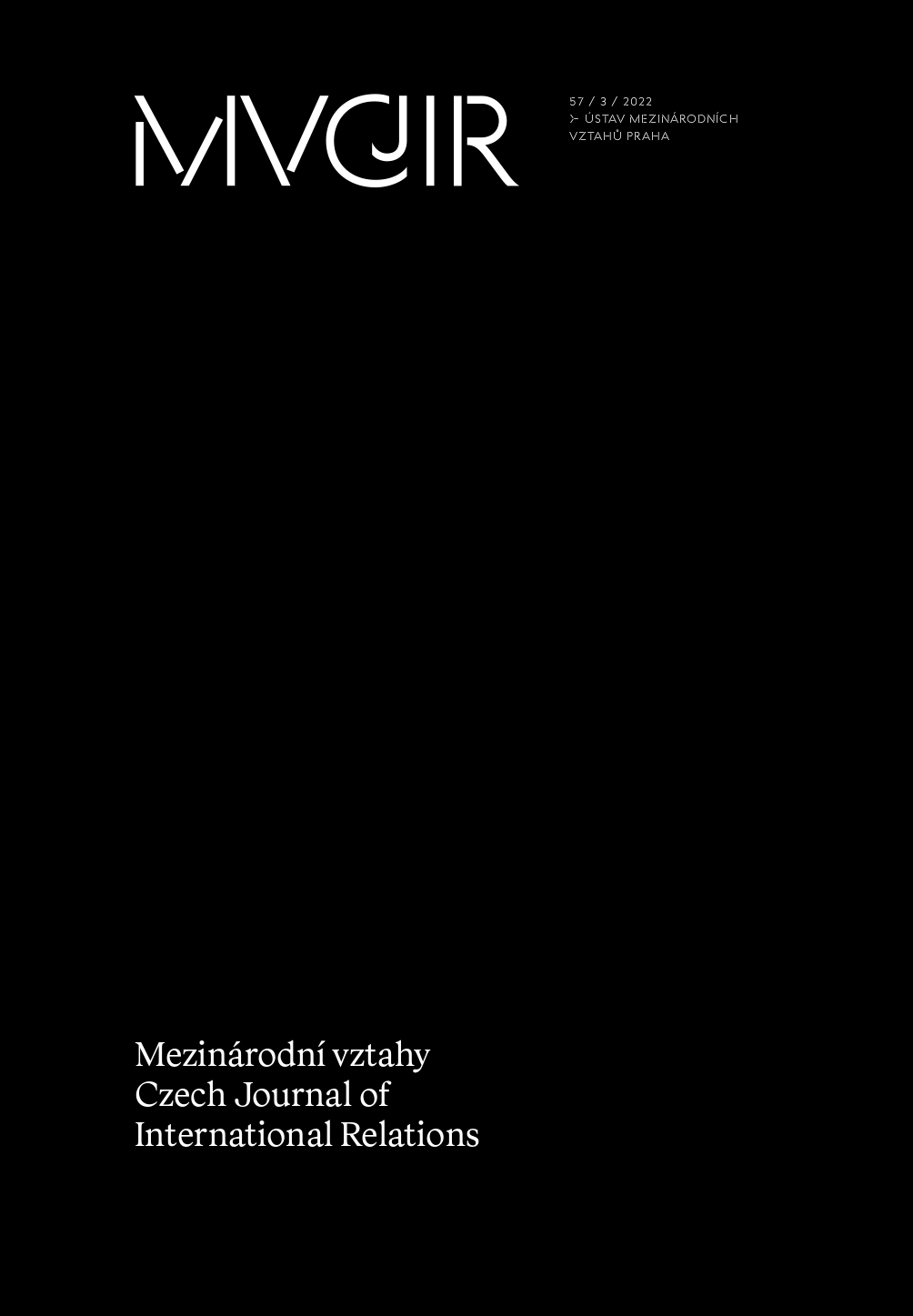
The English School of International Relations is one of the long-established theoretical approaches in IR that systematically interrogates the purpose and the character of international order at the macro-level of international politics. This paper aims to introduce and explore how the English School theoretically conceptualises and investigates international order by analysing deeply embedded (the so-called primary) institutions and other related institutional elements, norms and practices. The paper synthesises the core argument of the School, discusses how recent debates develop it and which key cleavages are present among English School authors. I argue and demonstrate that the English School has been dynamically evolving in the last two decades and that it can contribute to our understanding of the changing world. The paper also encourages the development of English School research in the Czech academic context.
More...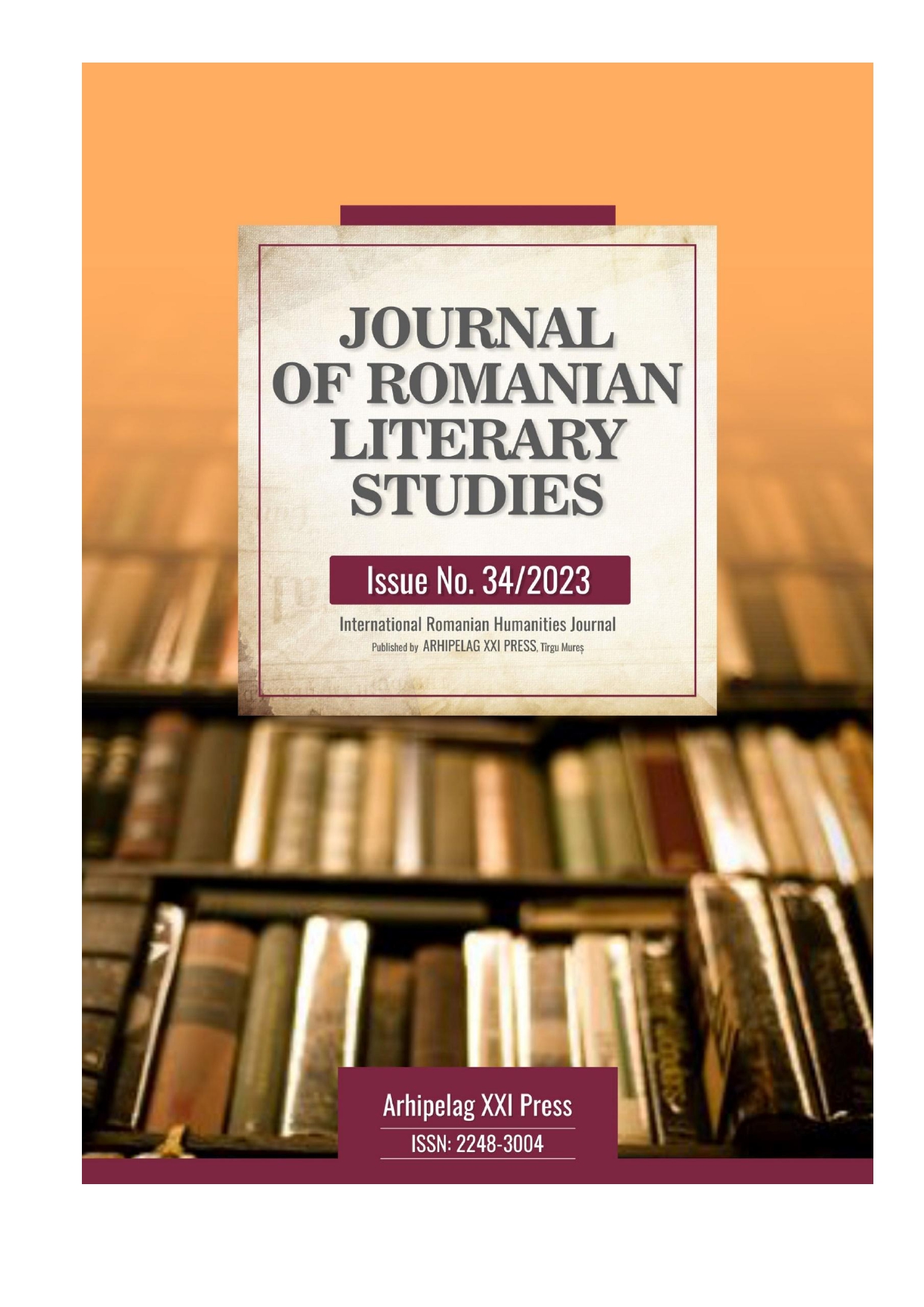
The future of the European space must be understood as a place of fruitful confrontation between several different cultural codes, which could have dysfunctional effects, at least at certain times, if not intelligently managed. This problem of adaptation not only for people, but also for institutions that must be adapted to receive people with particular value codes. The national identity, which must now be integrated into the European context, often contradicts centralist national ideologies. This will cause marginalized subcultures to be claimed to assert themselves differently than before.
More...
The text reveals the problematic of the school textbook. Elaborating a manual is also a work that requires pedagogical ingenuity and artistic talent, given that it is a reality discussed to the maximum (content, volume, functions, value, utility). The school manual is an official education policy document, which ensures the concretization of the school curriculum in the formation of competencies at a systematic and procedural level, through didactic units that can be operationalized from a formative perspective.
More...
Extracurricular educational services are provided by several actors: public, private, non-governmental sector, etc. The purpose of this study is to identify extracurricular services and activities provided by institutions in the general education system. It is about the way of organization and operation of circles, clubs and other school entities, but also the character (voluntary or mandatory participation of students). In this sense, we examined the systems practiced in the following countries: France, Belgium and Germany.
More...
Paraphrasing plays a pivotal role in linguistic discourse and language education. This paper navigates the multifaceted landscape of paraphrasing, tracing its historical roots while delving into its intricate typologies. Through a comprehensive analysis, this study explores the diverse classifications of paraphrases, shedding light on their significance within the realm of teaching English as a foreign language (TEFL).
More...
This article is a synthesis of the current theoretical landmarks in the international and national literature regarding the managerial roles of the teacher, more precisely the way in which the management of the class of students is carried out. This area is of particular interest to pedagophical research and refers to the wide variety of skills and techniques that teachers use to keep students organized, focused, task-minded and productive during an hour so that educational goals can be achieved. When classroom management strategies are effectively executed, teachers minimize behaviors that prevent learning both individually, for each individual student, and for the group, as a distinct psychosocial entity, while maximizing behaviors that facilitate or improve learning. In general, effective teachers demonstrate great class management skills, while the hallmark of the inexperienced or less effective teacher is a messy class, where students do not work effectively or pay attention to tasks. In the first section of the article we will define the concept of management and argue its usefulness in the sciences of education. Later we will analyze the class of students from a systemic perspective and we will review the most important managerial roles of the teacher. Finally, we will analyze the current paradigms aimed at optimizing the teacher-student relationship in pedagogical practice.
More...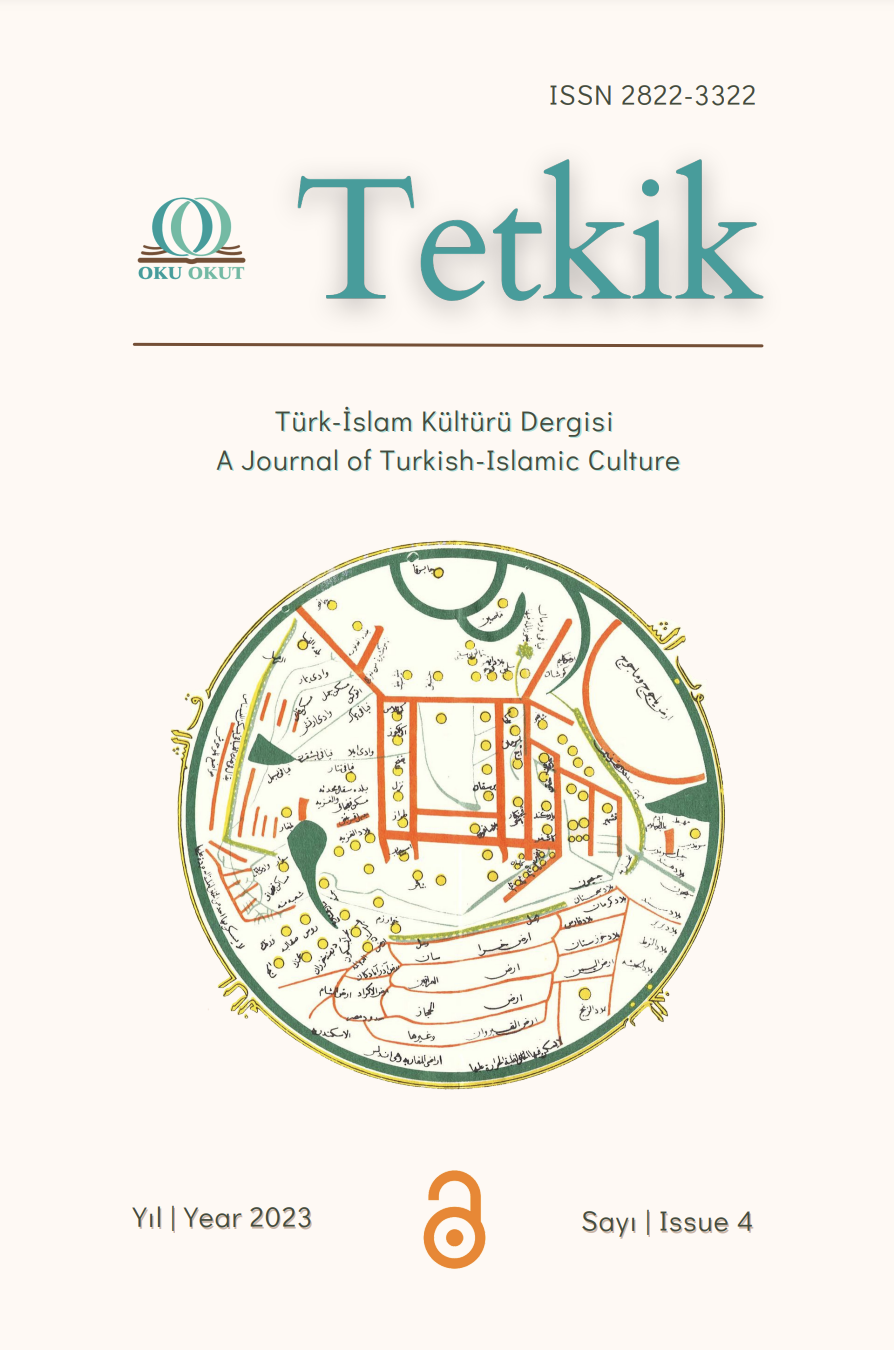
The “2022 Administrative Activity Report” states that the number of Qur’an courses for 4-6-year-olds affiliated with the Presidency of Religious Affairs, which started its educational activities with a pilot programme in the 2013-2014 academic year, has rapidly increased to 5,651. A certain standard and level of quality are expected from these educational institutions. When these expectations and quality are not met, stakeholders can express their dissatisfaction/complaints within their immediate social circles on a micro level and to a broader audience through the internet on a macro level. One of the complaint platforms where these grievances are published in our country is a website called “sikayetvar.com”. The website “sikayetvar.com” has been preferred due to being the first complaint platform, allowing free membership, and providing easy sharing of complaints. In this respect, the study aims to analyze and evaluate the dissatisfaction with the problems related to service quality by examining the complaints about the 4-6-year-old Qur’an courses that were published between 1.6.2019 and 30.6.2023. To achieve this research goal, document scanning and content analysis were used. The research identified 166 complaints associated with Qur'an courses for ages 4-6, categorized into three themes: “registration and dues”, “staff”, and “legitimacy and facilities/resources”. Almost all of the complaints were centered around registration dues, and personnel matters. The findings suggest that the Presidency of Religious Affairs should adopt a proactive and solution-oriented approach to enhance service quality and strengthen its connection with internal and external stakeholders. Several suggestions for achieving this goal are provided.
More...